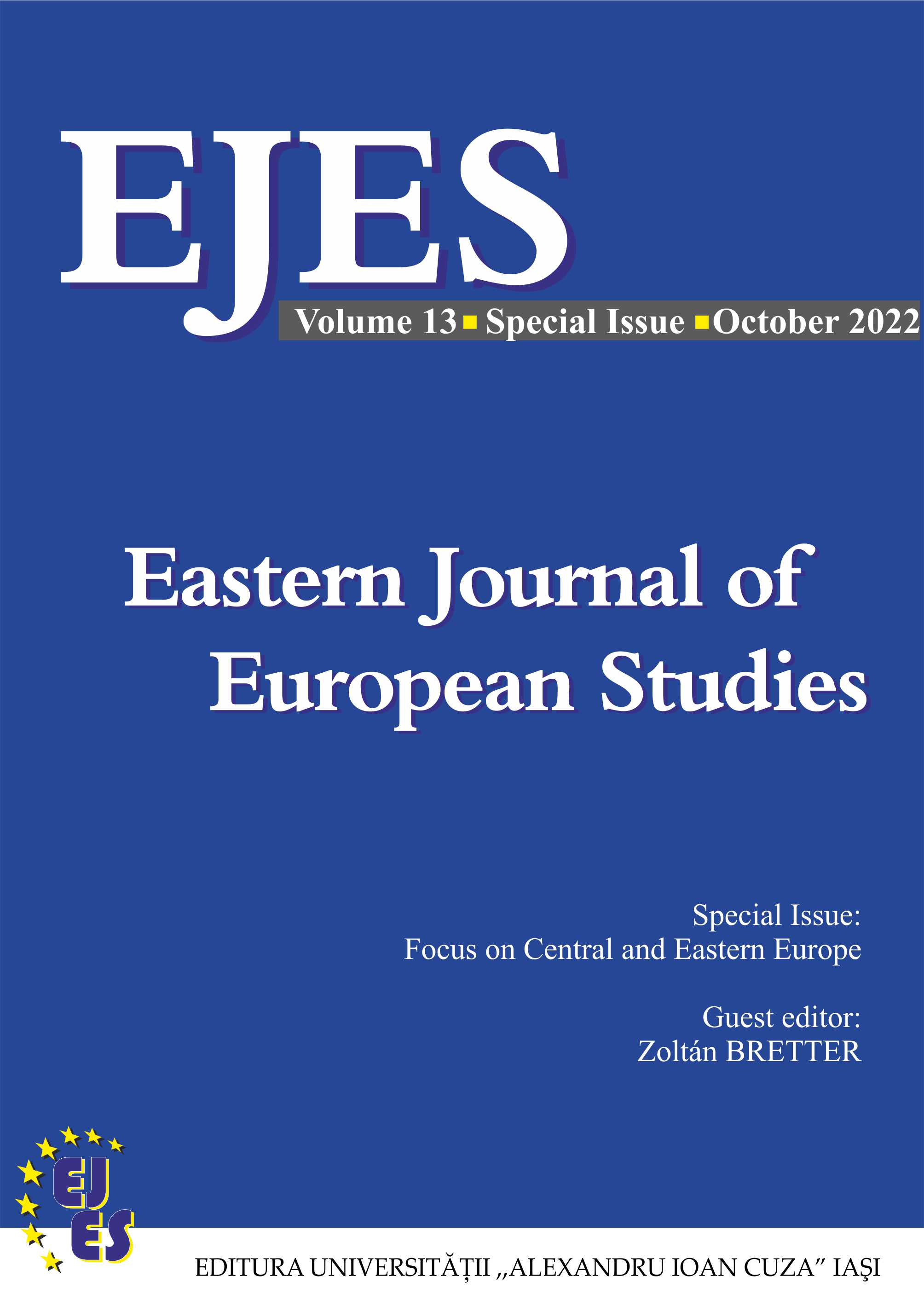Threshold impact of corruption on income inequality-social transfers nexus in Central and Eastern Europe
Threshold impact of corruption on income inequality-social transfers nexus in Central and Eastern Europe
Author(s): Emin Efecan AktaşSubject(s): Politics / Political Sciences, Economy, Supranational / Global Economy, Civil Society, Governance, Socio-Economic Research, Corruption - Transparency - Anti-Corruption
Published by: Editura Universităţii »Alexandru Ioan Cuza« din Iaşi
Keywords: corruption; social transfer; income inequality; threshold;
Summary/Abstract: Corruption, which adversely affects macroeconomic aspects such as growth, investment, and income distribution, causes the anticipated accomplishment from social transfers not to be realized. In this study, the income inequality effects of social transfers under the corruption threshold are investigated with the annual data of 19 Central and Eastern Europe (CEE) countries for the period 1999-2019. Following Hansen’s (1999) and Wang’s (2015) modeling, it has been detected that corruption has a significant threshold effect on this relationship. Two thresholds have been specified. Below the first threshold of 3.520, the relationship between social transfers and income inequality is inverse. Above this threshold level and the second threshold value of 3.577, the relationship is in the same direction. In 19 CEE countries, it can be concluded that an augmentation in the corruption and the abuse of social transfers by public officials may amplify income inequality.
Journal: Eastern Journal of European Studies
- Issue Year: 13/2022
- Issue No: SI
- Page Range: 73-98
- Page Count: 26
- Language: English

